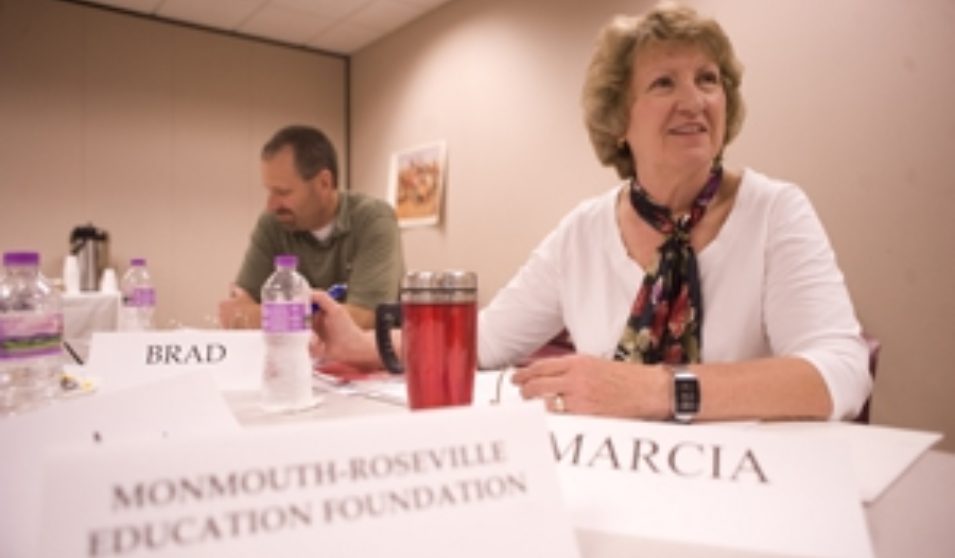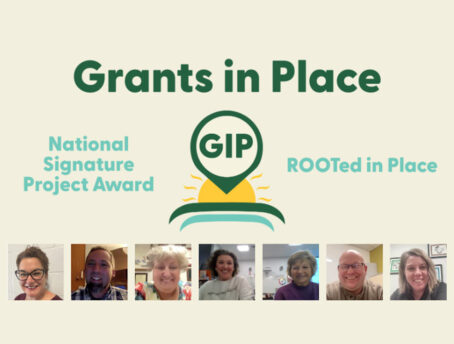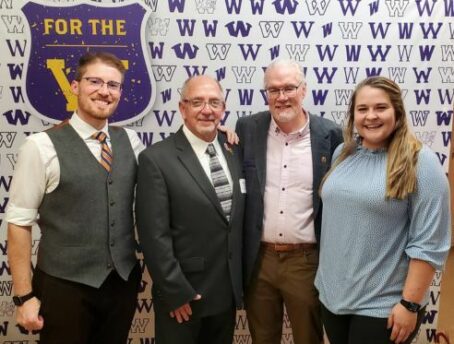Community-based philanthropy presents real economic development possibilities for small towns and rural regions. Synergistic approaches between community foundations, school foundations, and planned giving initiatives have outstanding asset development potential.
School or local education foundations are particularly important, and they can provide rural school districts with tools and resources that help determine their own respective futures. Because of people's strong identification with rural schools, the opportunity to establish and build credible and impactful school foundations is real. Whether it is leading a community discussion on planned giving or rekindling relationships with alumni who have gone elsewhere, a strategic approach to rural school foundation building can pay real dividends.
Starting a school foundation is not a panacea, but it is of the utmost importance in these times of shrinking state budgets, rural capital flight, and small town brain drain. A thriving school foundation engages citizens and alumni with the school, facilitates important school partnerships, and can provide much needed resources to the school community.
The Galesburg Community Foundation (GCF) understands the significance of community philanthropy and its relationship to school foundations. GCF, which serves rural Knox and Warren counties in western Illinois, has launched a major initiative to support the development of philanthropic infrastructure in its region. Its board of directors recently committed $250,000 to a two-year effort that will bolster area nonprofits through endowment building challenge grants and smaller awards for capacity building.
According to GCF executive director, Josh Gibb, “The capacity grant cycle was a chance for us to invest in organizations directly. So often funding goes only towards programs that serve our community, but we know that the organizations doing good work in our community need direct investment in things like professional development and technology. The recent capacity grants cycle was a chance for us to invest in the ability of the organizations doing meaningful work in our communities.”
The relevance of GCF’s initiative to rural education is illustrated by capacity grants that have been awarded to two rural school foundations. The Monmouth-Roseville Education Foundation received funding to purchase support technology, and the ROWVA Public School Foundation received a grant for strategic development. Both of these foundations serve consolidated rural districts that maintain site-based schools in their respective small communities.
“Strong rural communities must include strong schools,” Gibb added. “We should do all we can to invest in efforts that will strengthen public education.”
Gibb certainly knows of what he speaks; he is an elected school board member in his home community of Galesburg.
The Galesburg Community Foundation’s commitment of staff and funding not only bodes well for its region’s communities, but it provides an excellent example of how rural community foundations can make a real and lasting impact.
The Rural Schools Collaborative has been pleased to provide technical assistance to the Galesburg Community Foundation effort, and we welcome the opportunity to assist other foundations with these types of endeavors. In fact, our web section on School Foundations provides simple suggestions on starting and building a successful school foundation.
If you would like more detailed information on school foundations or would like to schedule a conference call with us to discuss related issues, please contact us at info@ruralschoolscollaborative.org .




